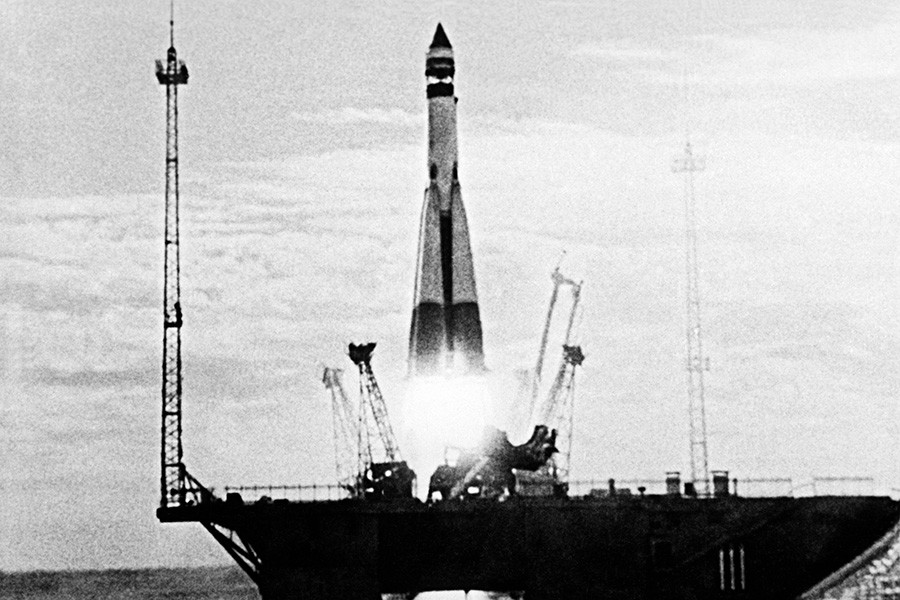The Covid Moment
This is a pivotal moment, one rife with positive outcomes in the longer term equivalent to those of “The Sputnik Moment” of 1957, when we were caught unawares by the Soviets launching the first rocket into space and then the first missile-bearing rocket. The SARS-CoV-2 pandemic is an unfolding global tragedy, yet a largely preventable […]
